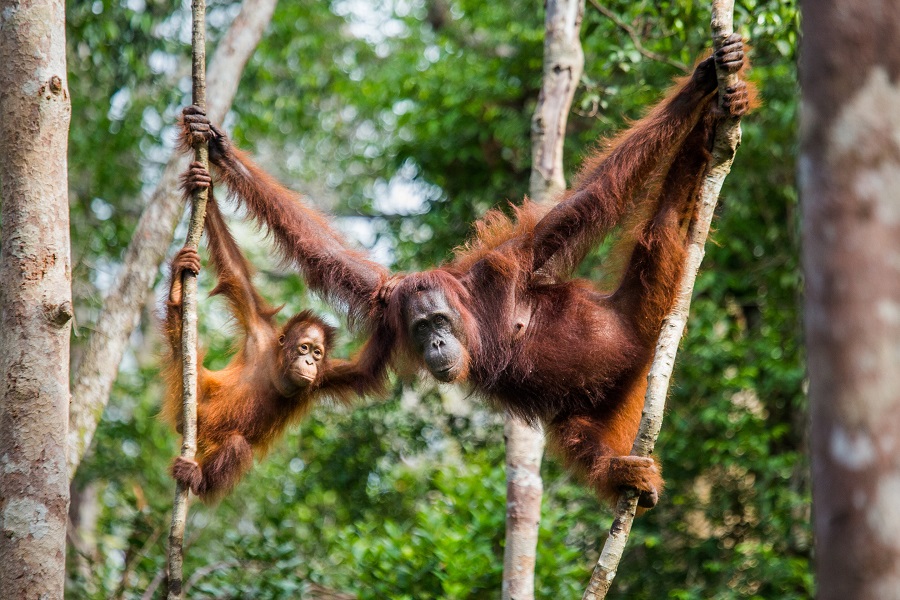11 Dec 2024

Tired Earth
By The Editorial Board

University of Queensland research has found despite considerable conservation efforts, the illegal killing of critically endangered orangutans on Borneo may be an ongoing threat to the species.
Ph.D. candidate Emily Massingham from UQ's Faculty of Science managed a team of researchers which visited 79 villages across the Bornean orangutan range in Kalimantan, conducting face to face interviews with 431 people. The research was published in Conservation Science and Practice.
"Our study builds on previous research which indicated killing was one of the key reasons for orangutan population decline, alongside habitat loss," Ms Massingham said.
"The aim of our project was to understand whether orangutans have been killed in recent times, to look at whether conservation projects are effectively preventing killing, and to gain insights into community perceptions and the motivations behind it.
"It has been almost 15 years since the previous study, and we did not find a clear decrease in killings despite Indonesia's commendable efforts to reduce habitat loss.
"Thirty percent of villages reported orangutans had been killed in the last five to 10 years, despite the practice being both illegal and taboo—which also makes it hard to get an accurate picture of the true scale."
Ms Massingham said Borneo's orangutan population had decreased by 100,000 in recent decades, with current estimates suggesting fewer than 100,000 animals remain.
"Our findings did not indicate that conservation projects are reducing killing, highlighting an urgent need to improve the collective approach to orangutan conservation," she said.
"Killing by humans needs to be addressed, as our findings suggest it may still be occurring and poses a real threat to the species."
Ms Massingham said orangutans have long lifespans and breed slowly, so are particularly vulnerable to population declines driven by the death of adult apes.
"Our interviews revealed some of the situations which lead to the killing or displacement of individual orangutans," she said.
"They include protecting crops and taking infant apes to keep as pets."
The researchers outlined recommendations that could improve future conservation efforts.
"Working with communities and collaborating across disciplines and projects will be key," Ms Massingham said.
"Conservationists need to work closely with individual villages to understand their needs and perspectives, identify the social drivers of killing of orangutans and implement solutions that reduce human-orangutan conflict."
Source : phys.org
Comment